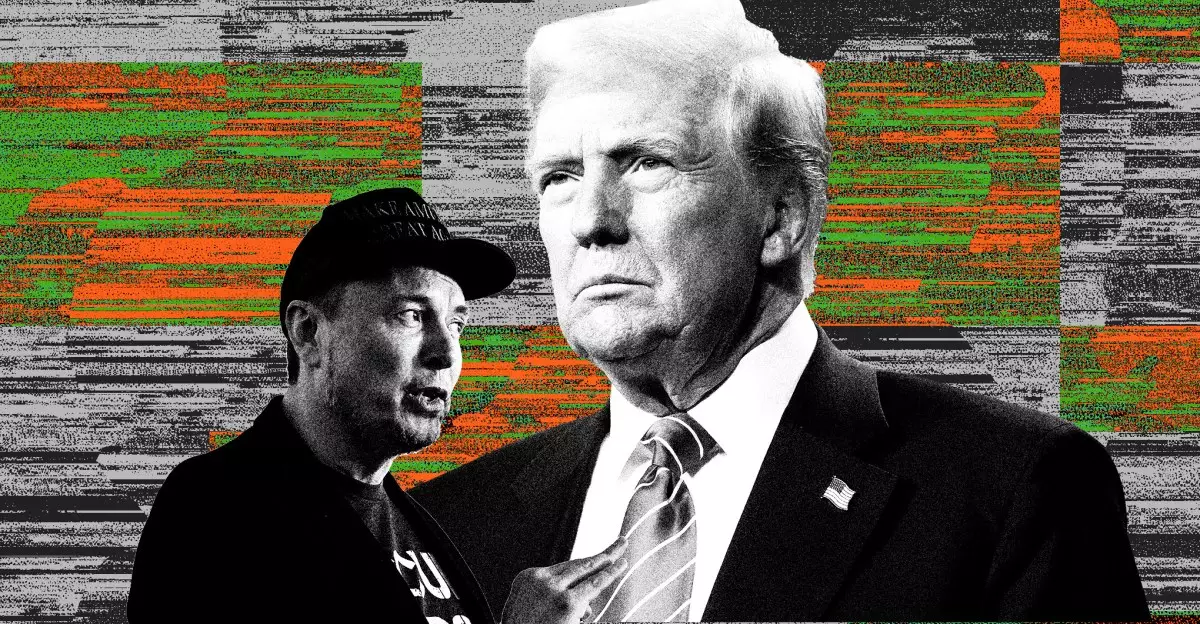In the wake of unprecedented events like the January 6th Capitol riots, the intersection of politics and social media has become a contentious battleground. With platforms wielding unprecedented power over public discourse, legal clashes between tech giants and political figures have surged. The recent settlement between Elon Musk’s platform, X (formerly Twitter), and former President Donald Trump underscores intricate issues of free speech, platform governance, and the complexities of social media regulations.
Details of the Settlement: Financial Implications and Broader Context
Reports indicate that X has agreed to pay Trump approximately $10 million to resolve his lawsuit stemming from the suspension of his account after the January 6th incident. This settlement adds a new layer to a broader context where Musk has already allocated substantial resources—reportedly around $250 million—in support of Trump’s political ambitions. This financial relationship raises questions about the implications of billionaire influence on democratic processes and the power dynamics between social media platforms and political figures.
By settling, X not only mitigates the potential risks of a drawn-out legal battle but also attempts to avoid setting any precedents that could challenge their authority. The case brings to light the broader discussions surrounding the responsibilities of social media companies, particularly regarding their role in moderating content that impacts national security and public safety.
Legal Precedents and Challenges: The Battle for Free Speech
Trump’s lawsuit against X, as well as similar actions against other tech giants like Facebook and Google, presents a significant challenge to the understanding of free speech rights online. In 2022, a court dismissed Trump’s arguments that the social media companies functioned as state actors and that Section 230 of the Communications Decency Act, which shields platforms from liability for user-generated content, is unconstitutional. His ongoing legal struggles reflect a complex narrative where the former president’s attempts to reclaim his digital platform highlight the friction between individual rights and corporate entities’ content moderation policies.
Furthermore, the settlement reached with Meta for $25 million signals a willingness among tech platforms to resolve high-stakes legal disputes in a financially pragmatic manner. Such actions might indicate a broader industry trend where platforms prefer settlements over legal uncertainties, potentially at the cost of comprehensive policy changes.
The settlement between Trump and X not only represents a financial outcome but also reflects the shifting paradigms within the digital landscape. As political figures and social media platforms continue to engage in legal battles, the ramifications of these cases may pave the way for future governance structures within the realm of online discourse. The intricate balance of power between users and platforms remains tenuous, challenging the regulatory frameworks that govern freedom of speech and corporate authority in the digital age.
In essence, the growing entanglement between politics and social media is likely to inspire further legal scrutiny, policy debates, and potentially, new regulations aimed at defining the responsibilities of social media companies in upholding democratic values while navigating the complex realities of online speech.


Leave a Reply
You must be logged in to post a comment.